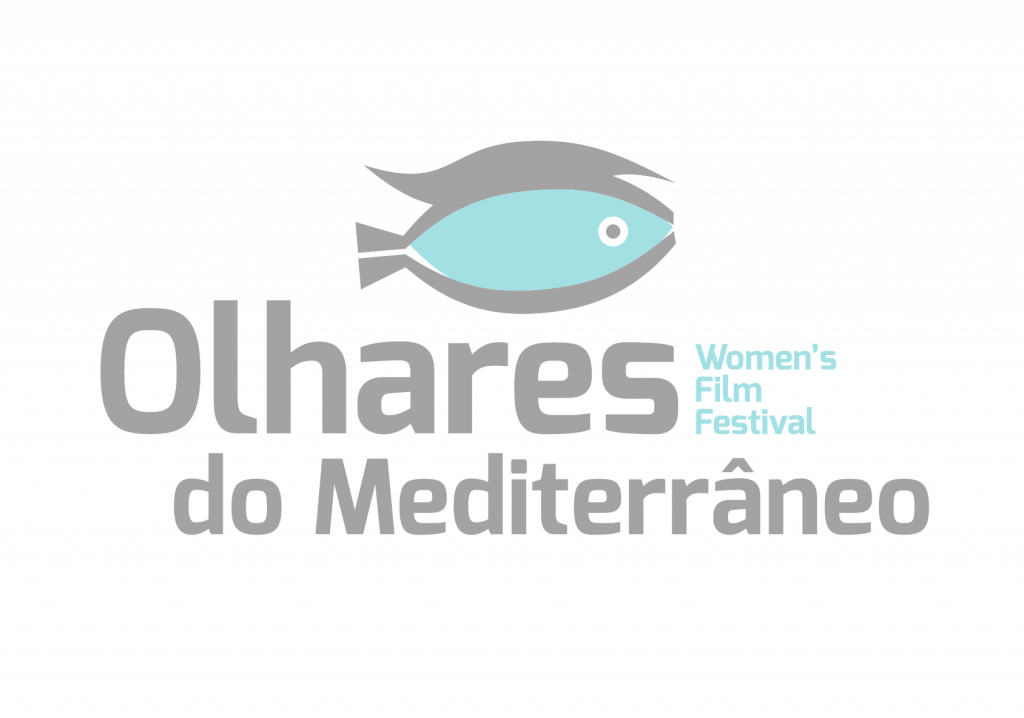
Before leaving us, my mother requested to be taken to Arpoador, an area in Rio de Janeiro formed by a big rock and the edge of a beach. “Arpoador” means “he who harpoons, who throws the harpoon to catch fish”. The place is said to have been so baptized because it had once been a privileged area for whaling.

Everton’s painting, the focus of this documentary, expresses what is most real in man’s life. In the eyes of this artist, humanity is revealed by the most sublime and also the most obscure aspects. The artist creates the possibility of the human being redeemed through self-evaluation. His painting is not intended to please, but to prod. It is like a revelation of the beautiful through the ugly.

Anísio Campos is a Brazilian car designer. He is the author of more than fifteen automobiles made between 1960 and 1990. These cars, known in Brazil as “special cars”, were almost handcrafted. Anisio’s hands made marvels on wheels. At first, one may say that eighty-year-old Anisio Campos has nothing else to accomplish, except getting his apartment organized. All of his files, that he stores since the beginning of his career, are making him mad. Anisio’s daughter, Old Man’s Cars’s director Raquel Valadares, signs up for the task of going through all Anisio’s memorabilia. And by doing so, Raquel learns quite a few stories about her dad and his cars. Stories that deserve to be told. By evoking the fragile memories of her father, Raquel tries to understand both a past, when dreaming of a Brazilian car industry was possible, and a present, when such dream is history. Furthermore, by taking Anisio by her hand on multiple road trips, Raquel enables an artist to be once again reunited with his work, on a long lasting and touching experience that will make us reconsider our own dreams.

A grandmother takes her granddaughter to visit her past memories through old photographs.

“Wood burned uninterruptedly in the home, from that centrifugal place whose actors still gave new worlds to the world, thanks to the sweat of the works to the clandestine sap of dreams”, Regina Guimaraes.

A thread of red poetry leading to the audiovisual experience of making yourself and asserting yourself within the madness of the condition of being black. To look at history from the port, to recognize and affirm its strengths and beauty. To give birth, from one’s own suffering, to a horizon of freedom, support, and collaboration. To find in the presence of other women the strength of the feminine and the sacred sense of being, to the point of being able to celebrate life in female communion and society.

A woman decides to film her visits to her grandmother. In the quiet home, the camera captures the unique relation between these two women 50 years apart. With days passing by, the lines between film and life increasingly become blurred.

A celebration of the beauty of the black women in Brazil, and how they groom themselves and attend to their hairstyles.

At the age of 3, Vitor wears his cape and is ready to fly.

In the mid 1950’s my grandfather was committed to a psychiatric hospital, my uncle became a political prisoner, and my mother aged 11 was sent to a boarding school. Since then she hardly saw her father and brother. Today my aunt owns the family house where some of the secrets might be kept, but my mother hasn’t gone back since my grandfather died in 1970. In this film I want to unravel the secrets and mysteries of my Portuguese family during dictatorship. The cloud of Salazar’s regime is dissipating, 38 years after the Revolution of 1974. Families can now make sense of their past, reinterpret old memories and discover new truths.

Something Romani and frogs have in common is that they will never be unseen, or stay unnoticed. Leonor Teles weaves the life circumstance of Romani in Portugal today with the recollections of a yesterday.

The film tells the story of Vilma Santos de Oliveira, also known as Yá Mukumby, through her personal, political and religious trajectory.

Through a mural of photographs, Tila Chitunda recreates the trajectory of her family who must leave Angola and take refuge in Olinda, Brazil in the late 1970s because of a civil war. Divided between the memories of the family and the manifestations of African origin that she finds in Pernambuco, her native land, the director, the only Brazilian daughter of this family, goes in search of her roots.

This experimental film is part of a larger project that includes photography, video art and designs. A project on the women of my family. Grandmother, mother, sister, niece and I … Four generations. Five women from the same family connected by water, blood and love.

A short film shot in Super 8.

The film narrates the career of the character created by Maria Eliza, the clown Xamego, in the 1940s to the 60s, and her long history at Guarany, a traditional family circus, inaugurated at the beginning of the 20th century.

Documentary about a marriage that happened in the 1950’s in Salvador, Bahia. The narrative is constructed through the confrontation of memories: the subjective memory, composed by the memories of the bride, of the director of the film, the daughter of the bride; against the concrete memory represented by archival films, photographs, documents and the family’s house, and the effects of time on these objects and the characters’ memory itself.

The movie portrays the relationship between Heloisa, the filmmaker, and her father, Álvaro, an engineer who had his moment of glory during the Brazilian civil-military dictatorship. Projections, maps and photos become the first bridges to connect them with the past.

Lélia Gonzalez. Following the footsteps of this name, I begin the search for my ancestry and to portray it. Professor and anthropologist, woman ahead of her time, a protagonist in activism as part of the Black Movement in the 1970s/1980s, the period during which she traveled through various cities and countries, always affirming her identity and denouncing the myth of racial democracy. A symbol of resistance and the struggle for the rights of indigenous people, black people, and women. The fondness of Lélia guides me along the way.

Do you know when you speak of a person who seems to be seeing that person in front of you? That you want that person close to you, but don’t have that person? That’s how he talks.

A 10 year old child plays freely without worrying about gender issues.

In 1975, Angola’s declaration of independence began a long Civil War that killed and expelled many Angolans from their home lands. 40 years later, Alice, the only Brazilian born daughter of an Angolan family who found refuge in Brazil, decides to go to Angola for the first time to look for the stories that motivated her parents to baptize her with that name.
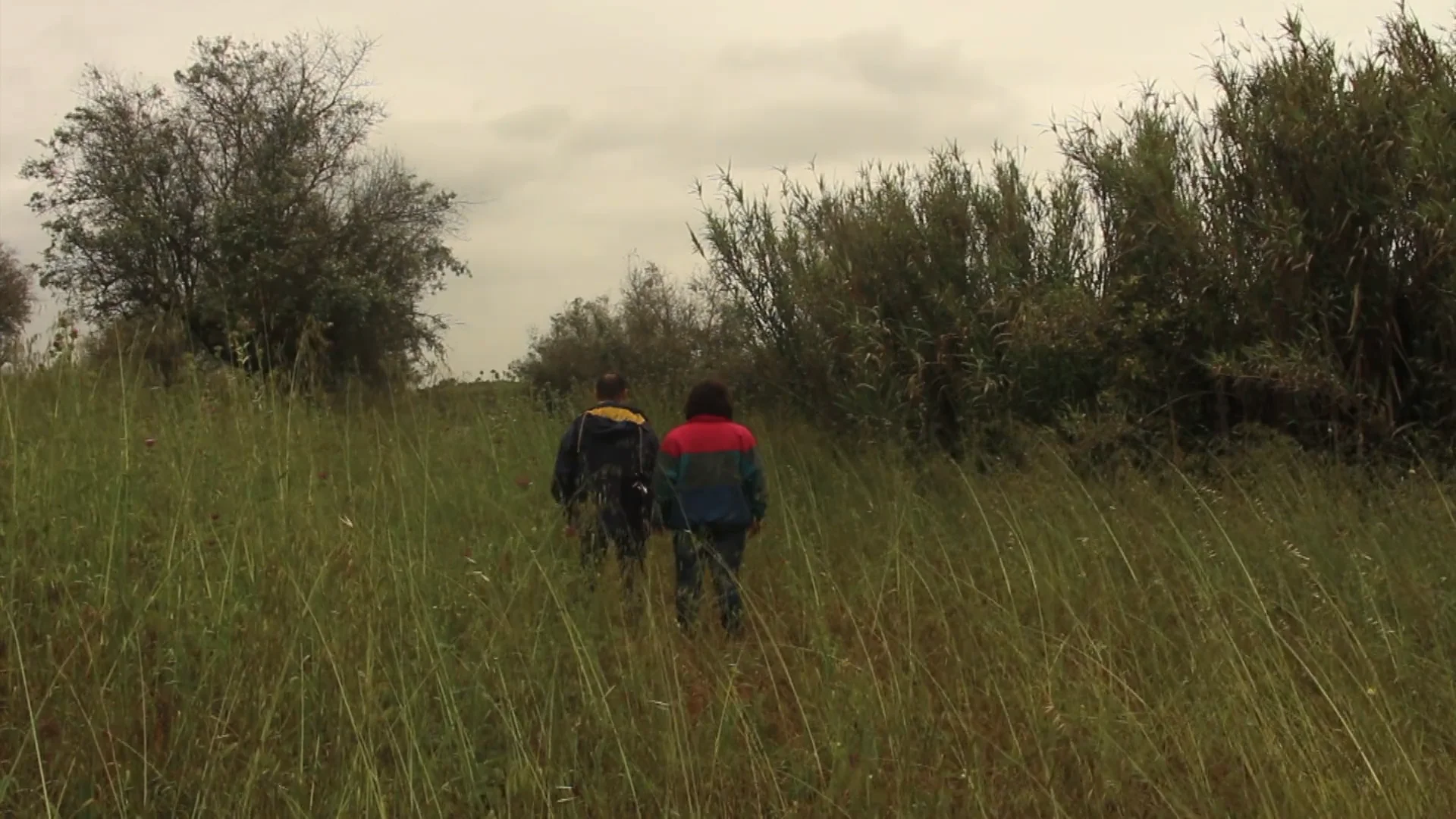
Registo de Nascimento [Birth Certificate] is a documentary film that seeks out the memories of Joaquim Amaro Calado de Melo’s past. Its aim is to explain his personality as the man he is nowadays and the way he behaves in society, also reflecting upon the fact that we are all constituted by our past as much as — or maybe even more than — by our present, due to the fact that we are in constant evolution both physically and, above all, psychologically.
Institutions involved:


Partners:

